Information about assistance dogs, their handlers and the law!
Just like a wheelchair, walking stick, hearing aid or a pair of glasses, assistance dogs are important and necessary auxiliary aids. Fully trained assistance dogs have full rights of access to public places, spaces and services and these rights are protected in law.
A service provider would never ask an individual to remove their glasses or hearing aid before entering their premises, and it should be the same for an assistance dog.
Assistance dogs have been highly trained to perform a variety of tasks that directly mitigate their owners disability.

What is an assistance dog?

Identifying an assistance dog & handler

Service providers legal obligations

Assistance dogs in the workplace

Assistance dogs in rented accommodation

Assistance dogs around food
Assistance dogs in training and the law
An assistance dog in training (ADIT) has NO legal rights of access, although most service providers will allow an ADIT to accompany their handler where appropriate. However, there are certain places who might refuse an ADIT and this is perfectly acceptable within the law.
Owner-Trained Assistance Dogs
Owner-Trained Assistance Dogs (OTAD) carry all the same legal rights as an assistance dog trained by an ADUK Charity or any other training provider. At the present time, there is no national assistance dog register and an assistance dog by law is not required to wear any identifying equipment or ID tag. Dogs for Autism would always recommend that any assistance dog is clearly identified as such in order to help service providers differentiate them from pet dogs. Training your own assistance dog requires a couple of years of very hard work but many people have the capacity to do so if they wish. There are organisations who can help owner-trainers who would like guidance in achieving the accepted standards.

